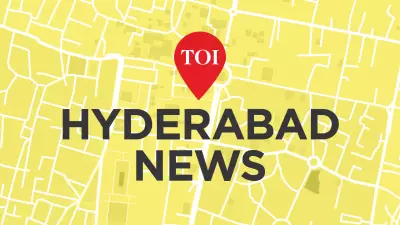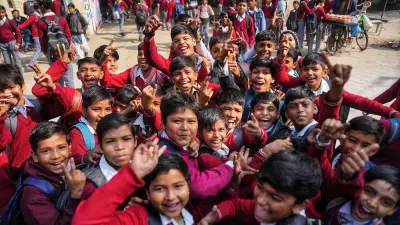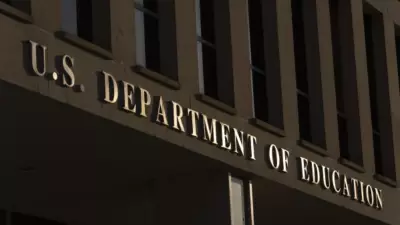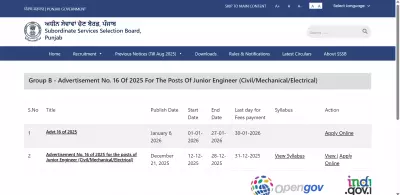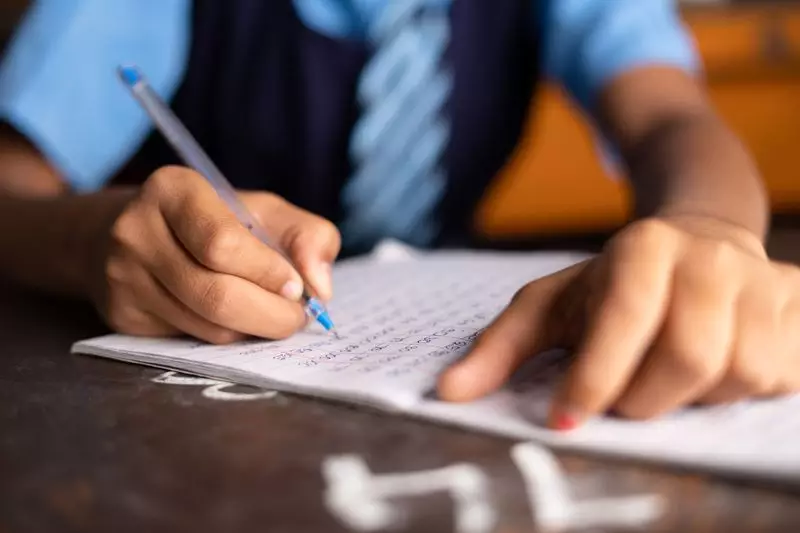
In a significant move that could transform educational accessibility in the national capital, the Delhi government has approved a proposal to recognize schools operating in non-conforming areas of the city. This groundbreaking decision is set to create approximately 20,000 new seats specifically reserved for students from economically weaker sections and disadvantaged groups.
The decision came during a high-level meeting chaired by Delhi's Education Minister Atishi, who emphasized the government's commitment to ensuring quality education reaches every child, regardless of their socioeconomic background or geographical location.
Bridging the Educational Divide
The approval means that schools functioning in non-conforming areas—previously operating in a regulatory gray area—will now receive official recognition from the Directorate of Education. This move not only legitimizes these institutions but also brings them under the government's quality control framework.
"This is a crucial step toward educational inclusion," explained a senior education department official. "Many of these schools serve communities that have limited access to formal education facilities. By bringing them into the mainstream, we're ensuring that children in these areas receive standardized education while maintaining necessary quality parameters."
Quality Assurance Measures
While opening doors to recognition, the government has implemented strict quality control measures to ensure educational standards aren't compromised. The recognition process will require schools to meet specific infrastructure and academic criteria, including:
- Adequate classroom space and facilities
- Qualified teaching staff meeting government standards
- Proper sanitation and safety provisions
- Curriculum alignment with educational boards
- Regular monitoring and assessment mechanisms
Impact on Underprivileged Communities
The creation of 20,000 new seats represents a substantial increase in educational opportunities for Delhi's most vulnerable students. These seats will be allocated through a transparent process prioritizing:
- Children from economically weaker sections
- Students from disadvantaged groups
- Residents of nearby unauthorized colonies
- First-generation learners
Education Minister Atishi highlighted that this initiative aligns with the government's broader vision of making Delhi an education hub where no child is left behind due to financial constraints or residential status.
Implementation Timeline
The education department has already begun the process of identifying eligible schools and creating a streamlined application system. The recognition process is expected to be completed in phases, with the first batch of schools likely to receive formal recognition within the next academic session.
This policy shift not only addresses immediate educational needs but also sets a precedent for other states grappling with similar challenges of unauthorized educational institutions serving marginalized communities.

